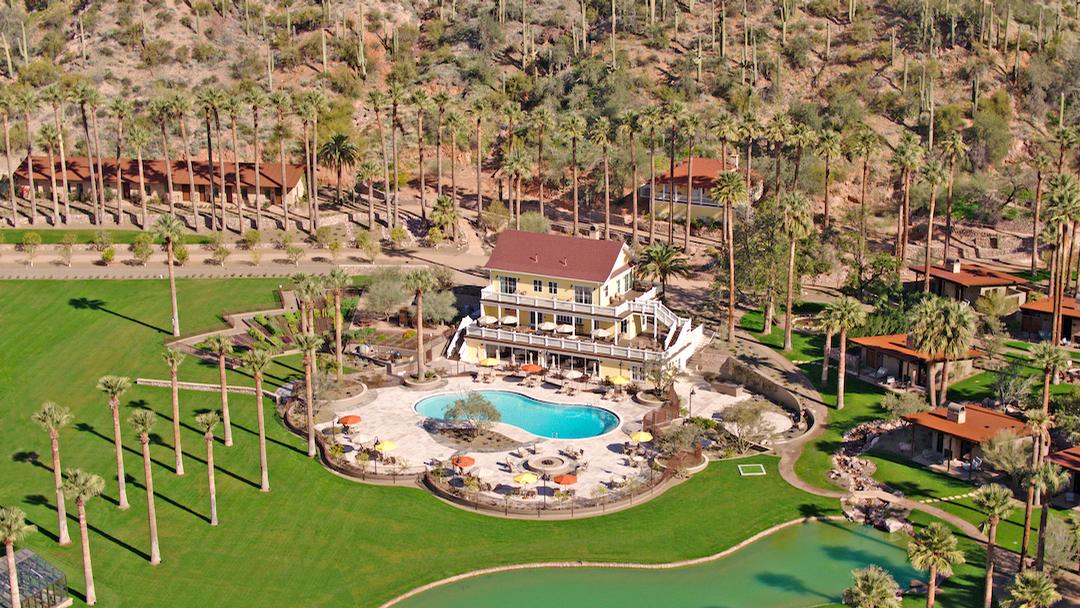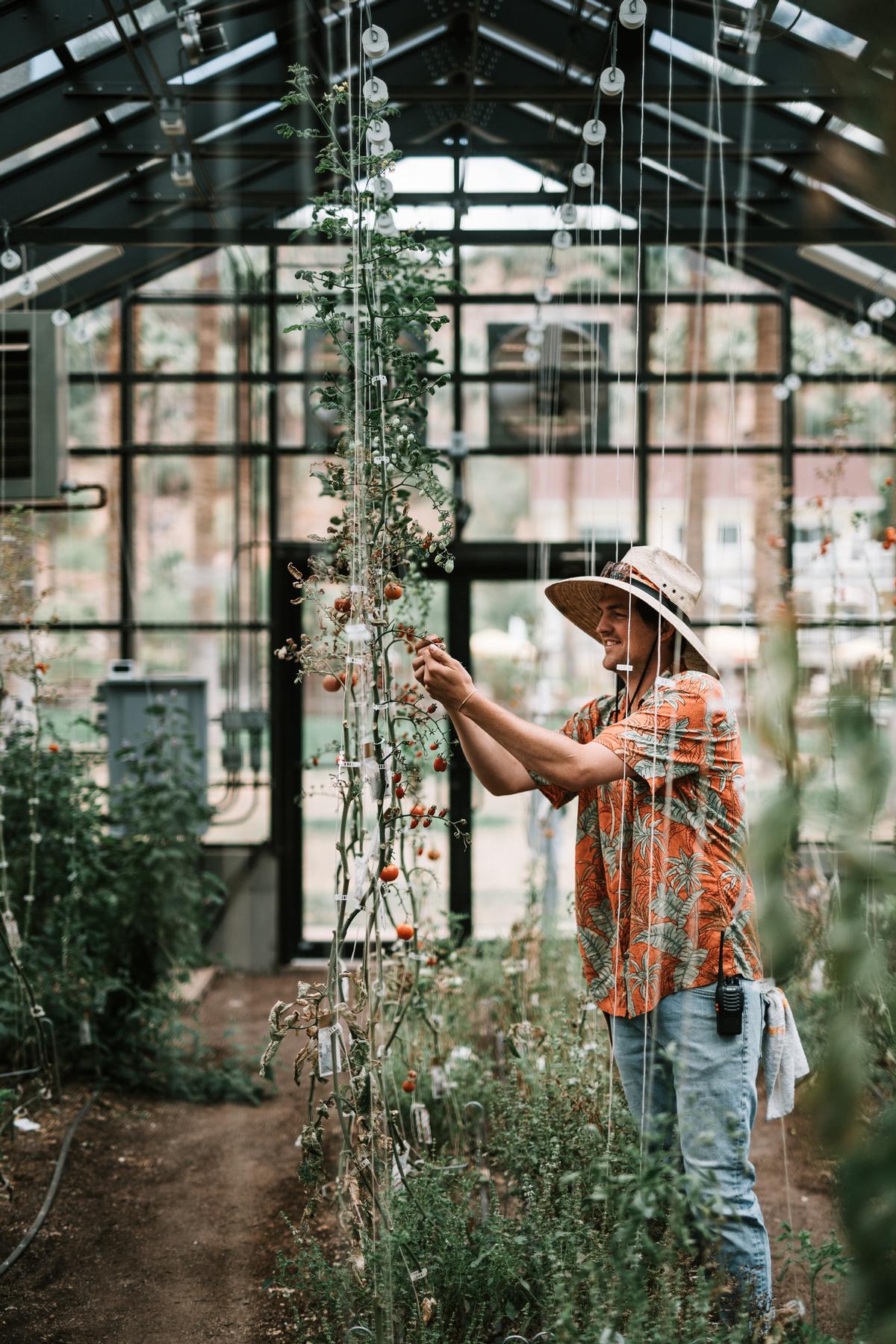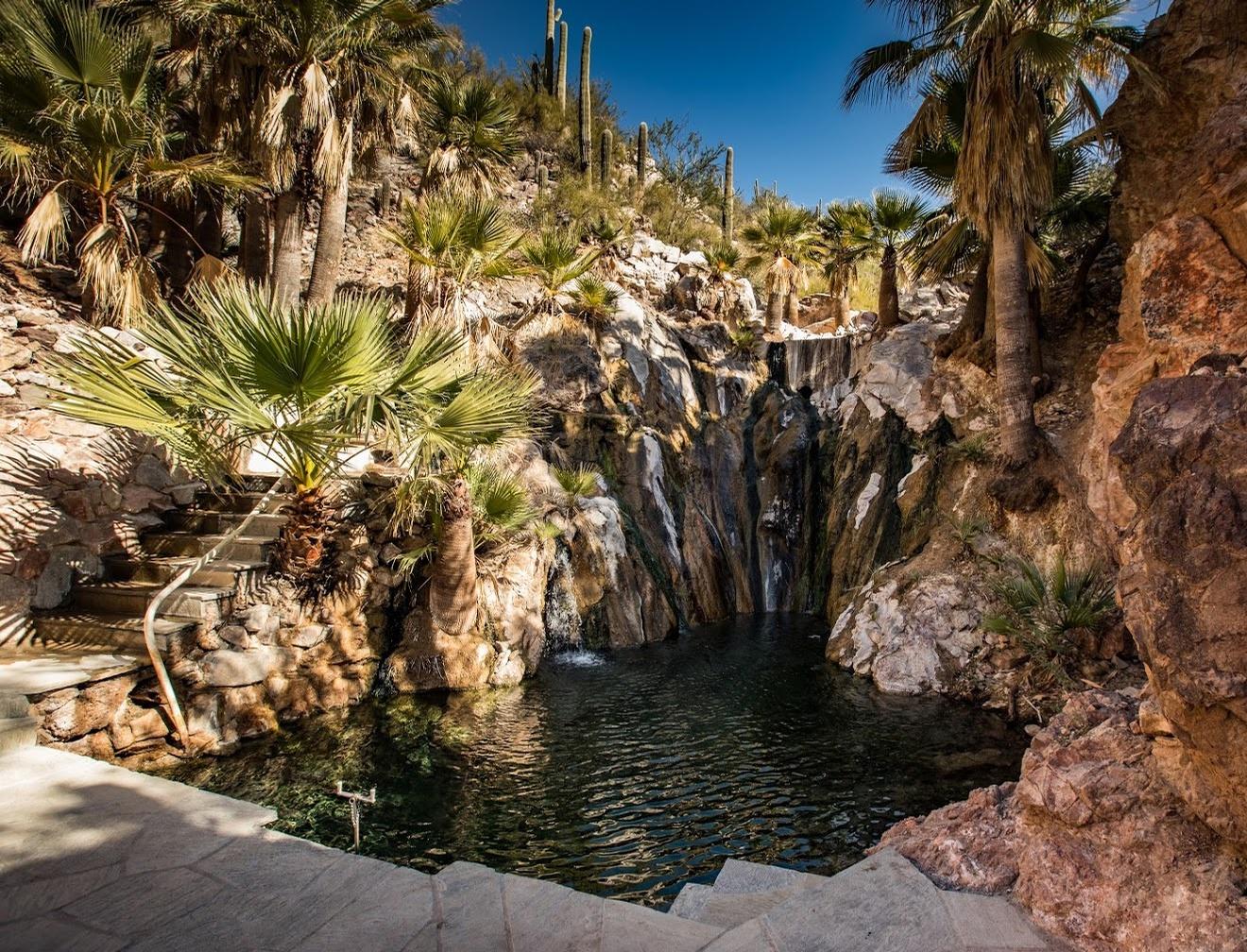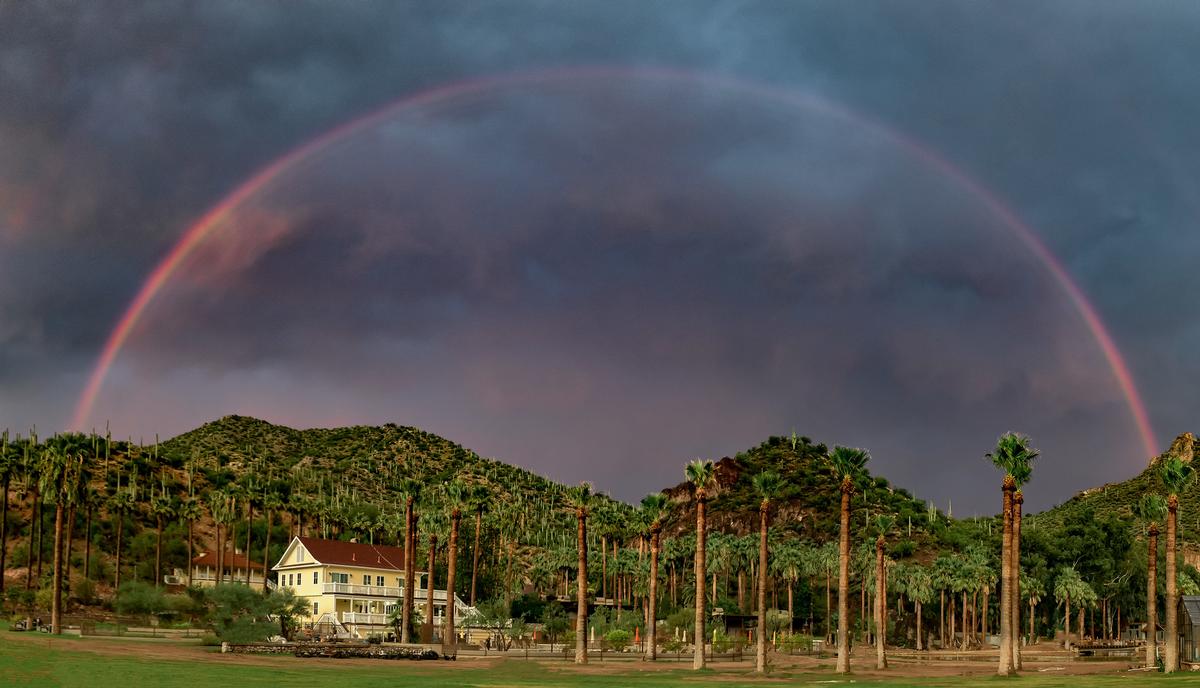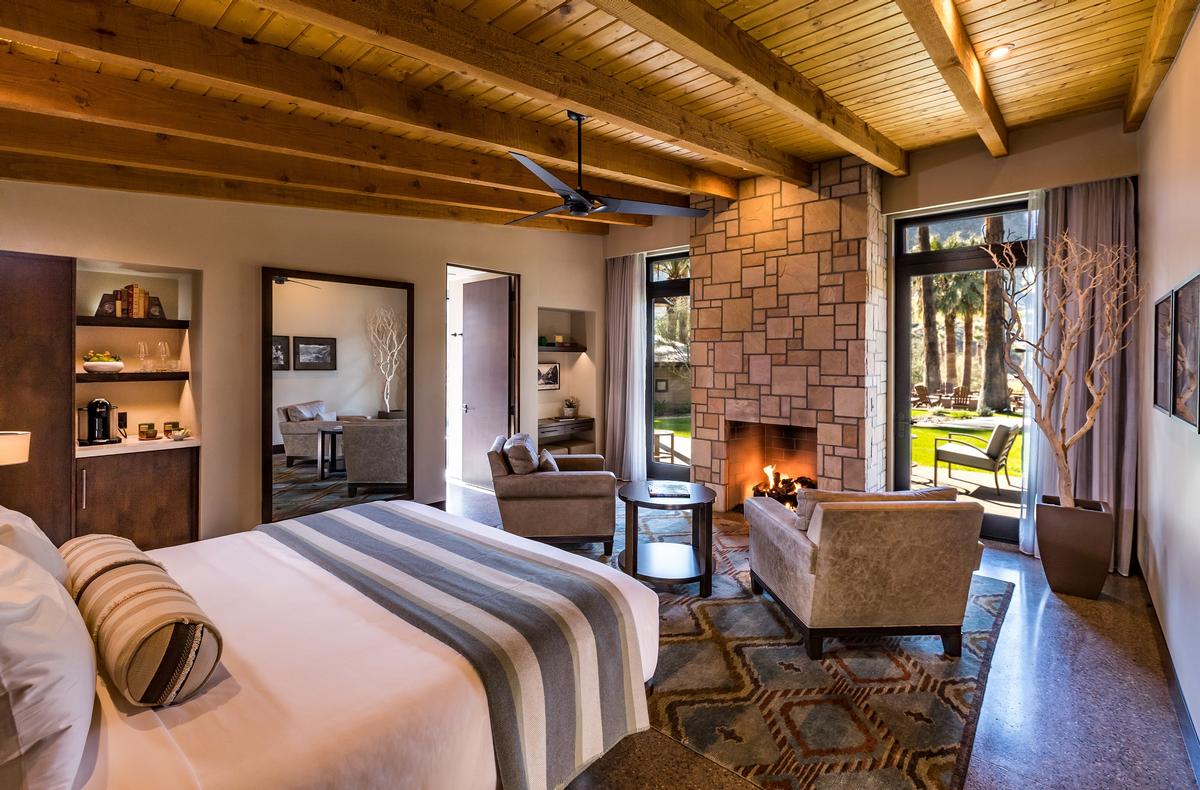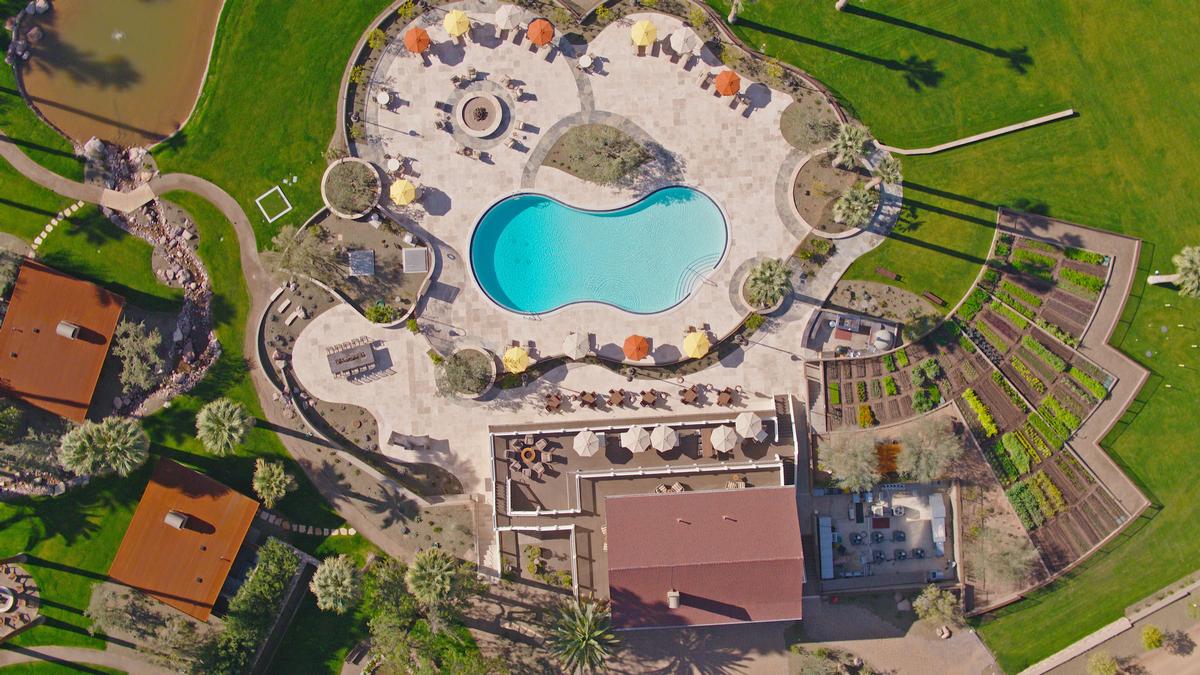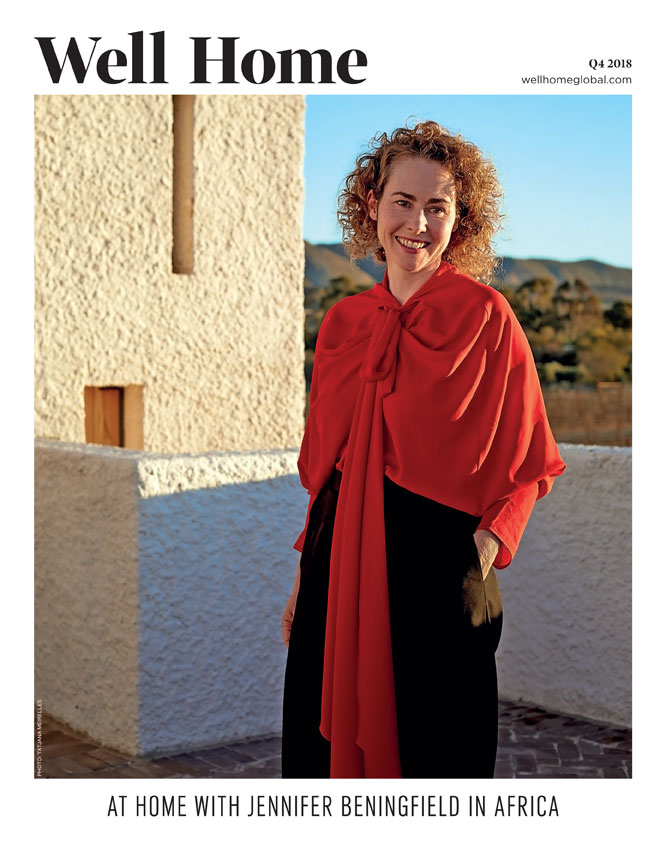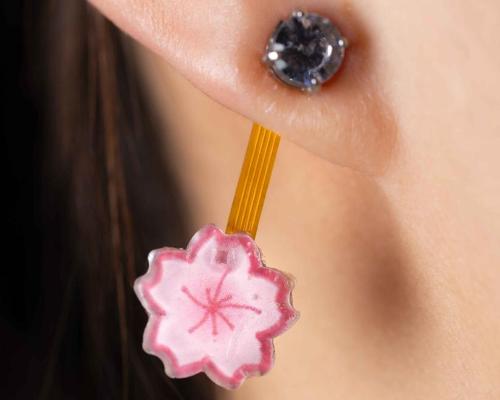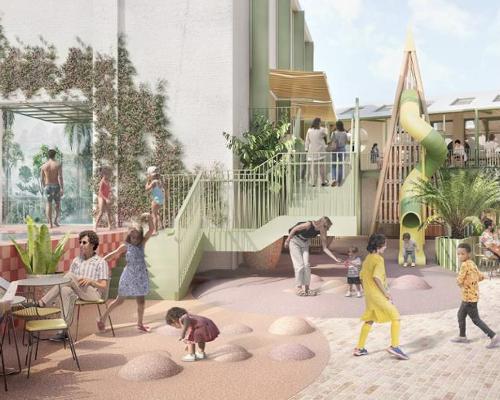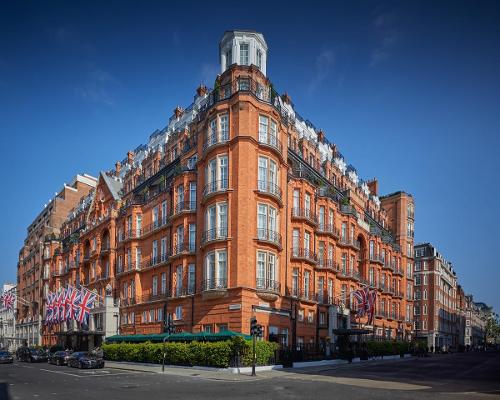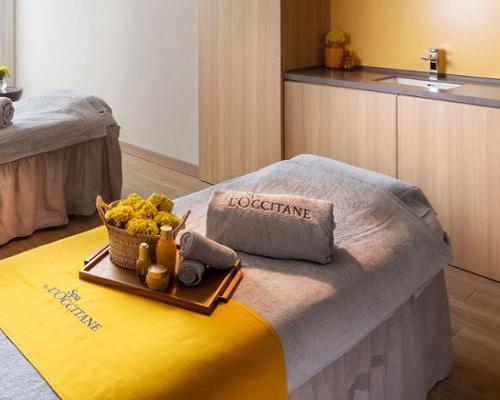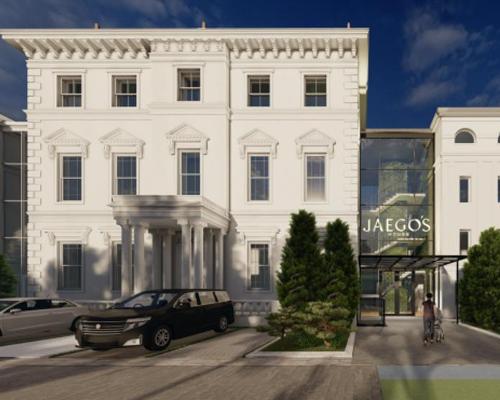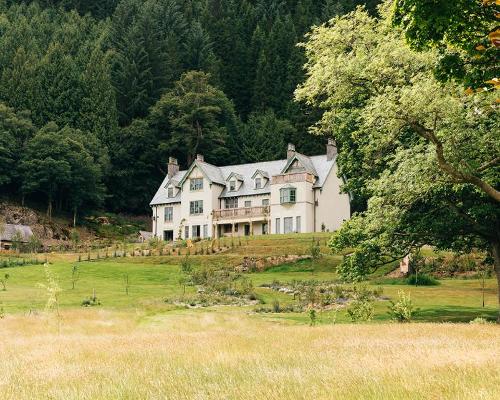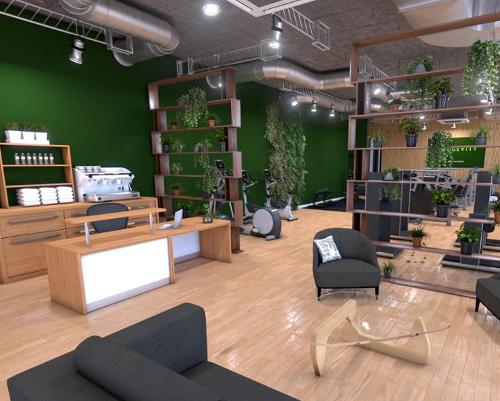An iconic hot springs resort in Arizona, US dating back to the 19th century has marked its return to the world of luxury hospitality, re-opening its doors last month for its first full season.
Castle Hot Springs was originally established in 1896 and known as the “Grand Dowager of Arizona hotels”; it will now open seasonally from October through late June, offering guests an experience that revolves around the pursuit of health and wellness.
At the epicentre of the 210-acre property are the thermal hot springs, which emit from the earth at 120 degrees Fahrenheit (49 Celsius), alongside a sustainably led culinary programme.
Inspired by the natural thermal waters and desire to connect guests with nature, the resort’s spa experience welcomes wellness seekers to indulge in massage treatments in their outdoor cabanas, where sounds of the nearby springs provide nature’s soundtrack. Pre- or post-treatment, guests can choose to dip into the hot springs to fully absorb the wellness properties associated with the mineral rich water. Signature treatments include the Serenity Springs Custom Massage, Deep in the Desert, and Hot Rock/Mineral Massage.
Guests can also recharge and renew with nature through a multitude of outdoor adventures such as horseback riding, meditation sessions, pickle and bocce ball, archery, star gazing, hikes in the Sonoran desert and Bradshaw Mountains.
The historic property has long been a restorative ground for visitors, beginning with Native Americans, who journeyed to the mineral-rich hot springs for medicinal purposes over a century ago.
In the 1880s, the area and hot springs were developed by Frank Murphy to create a wellness resort, capitalising on the health benefits of the water and desert environment.
At the turn of the 20th century, intrepid travellers seeking extended holidays in the western United States, many for their health, sought the rejuvenating springs and news of the healing waters spread.
Eventually, word of the springs reached celebrities and dignitaries from around the world including Cecil B. DeMille, "the Father of American cinema,” who staged his cast and crew at the resort in 1931 a remake of The Squaw Man, and prominent families including the Vanderbilts, Roosevelts, and Wrigleys.
In the 1940s, the resort was used as a military rehabilitation centre to treat veterans wounded during World War II, including future president John F. Kennedy, who spent three months there recovering from injuries.
Following its heyday, the property exchanged hands only a few times before being purchased in 2014 by its current owners, a local philanthropic couple. The Arizona natives dreamed of honouring the property’s history and reviving its grandeur into a modern version of the storied retreat to which American elites once flocked to connect with nature and enjoy the restorative qualities of its namesake.
Tapping into the modern traveller’s desire to escape the pressures of constant connectivity, the 32-room sustainably designed resort employs a “Digital Detox” approach.
Accommodations have been built with the intention for guests to immerse themselves with the environment, including the Sky View Cabins, which are positioned for stargazing and experiencing the outdoors by lounging on a private patio deck or indulging in the outdoor soaking tub; and Spring Bungalows, which feature private fireplaces as well as outdoor tubs that source mineral water from the springs.
Groups looking to retreat together can elect to stay in The Cottage – an expansive 1,200sq ft (111sq m), three-room lodging fashioned after the original structure; while travellers seeking a traditional hotel environment can opt to stay in one of the Lodge Rooms that share a patio deck overlooking the main pool, Farm & Garden, and Bradshaw Mountains.
Harvest, the resort’s farm-focused restaurant, features a hyper-local and ingredient-driven menu that rotates oftentimes daily, pending the yield. The harvest is cultivated by Castle Hot Springs’ Resident Agronomist Ian Beger at the property’s greenhouse and one-acre farm, where more than 150 varieties of fruits and vegetables (including over 30 varieties of heirloom tomatoes) native to the desert are grown. Highly focused on the land’s distinct soil capabilities, Beger also tends to the resort’s groves that are home to 36 types of citrus trees. Harvest offers the Castle Hot Springs Lithium Lager, made exclusively for the resort using properties from the heart of the land’s hot springs.



